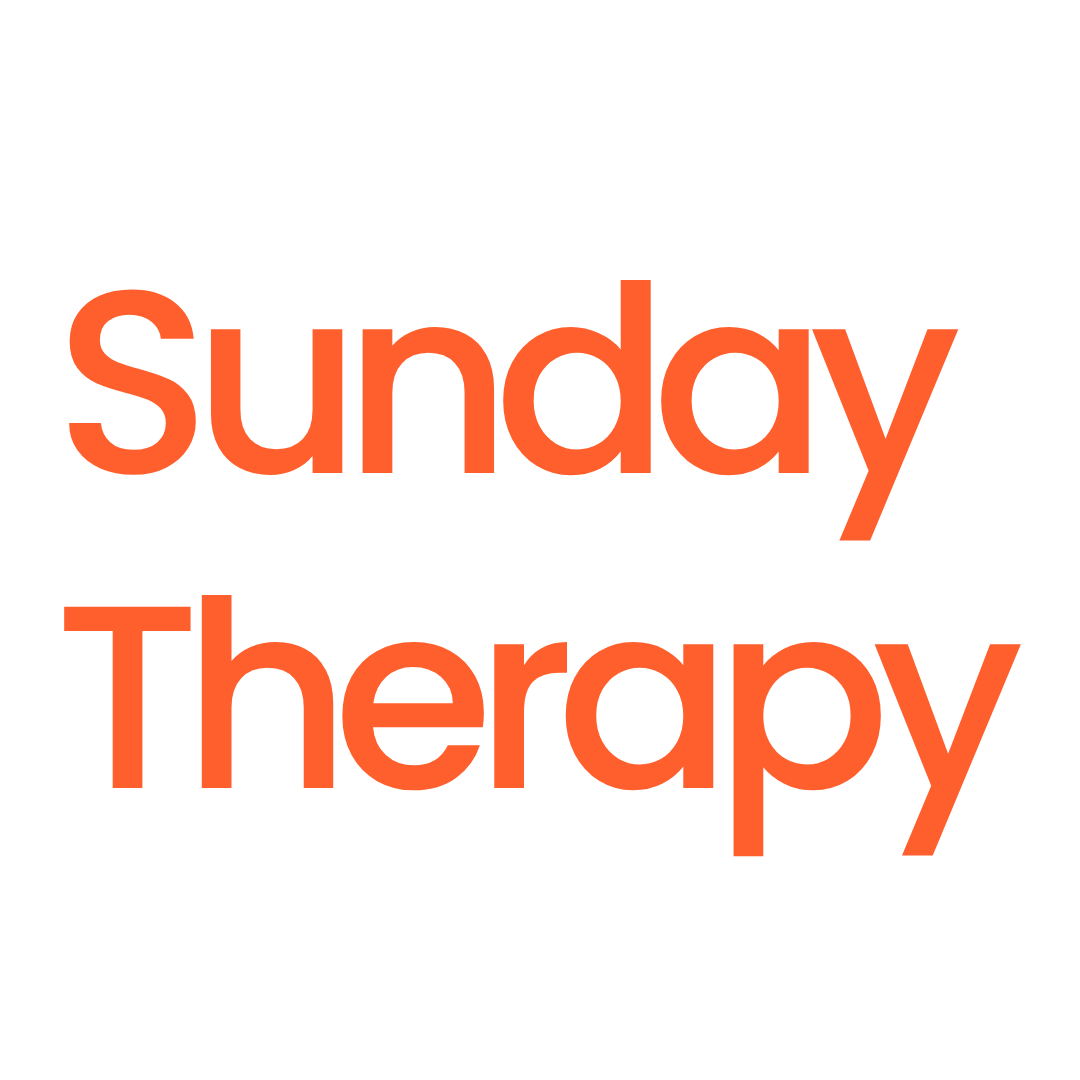“The forces of the universe support those who work at healing themselves.”
Holistic Wellness
How do you integrate Holistic Wellness into therapy?
I center on a comprehensive whole person, whole body approach.
Learning how to take good care of yourself is part of the process. Holistic wellness is an approach to health and well-being that considers the whole person and your interconnectedness with your environment. It encompasses physical, emotional, intellectual, social, vocational, cultural, environmental, nutritional, financial, and spiritual well-being, and acknowledges that each aspect of your life affects your overall health.
These aspects of health and wellness are interdependent and essential to the therapeutic care that you receive to create a lifelong sustainable healing practice. This is the full spectrum of self-care which I believe is built into emotional regulation and healing core issues. Often times, it is the weakness or breakdown in one that may lead to the breakdown or lack of stability in all creating an imbalance in daily life keeping you stuck. In reflection on your life course and your reason for seeking help, you may recognize where your balance of wellness has been depleted.
How might I benefit from this?
By including holistic wellness practices and knowledge into the therapeutic conversation, you will benefit from a transfer of skill building and psychoeducation to deepen your self compassion and mindful presence. This naturally lends itself to inner authority, shifts in emotional regulation, and the felt sense of authenticity.
What does this look like in session?
As a therapeutic mindset, this perspective is inherently present in session throughout our work. With methods of direct questioning, guided reflection, and personal self-exploration you may come to recognize this knowledge present in our interactions. In your own work outside of session, you may also come to find yourself in practice with wellness strategies, mindful reflection, and a deeper spiritual connection to self, others, and your environment.
Want to learn more about holistic wellness in therapy?
You can explore the links to learn about how a perspective in holistic wellness lends itself to lasting change in mental health care or feel welcome to connect with me directly to talk about how we can personalize your therapy to your needs right now.
-
No. I am a mental health practitioner first and foremost. While I can offer insights from advanced training in this area, I do not offer personal fitness plans or training sessions.
If this is of interest to you, I can offer resources for support in the community.
-
No. If you are seeking support with a personalized custom meal plan, I recommend that you partner with a registered dietician (RD). As a nutrition coach, I can offer insight on accessible, sustainable choices in nourishment to achieve healthful realistic goals.
-
Human Design is a system of knowledge interwoven by Western Astrology, the Chinese I-Ching, the Kabbalah Tree of Life, the Hindu Chakra system, and modern science to create a comprehensive view of a person's unique characteristics and purpose in life. It was developed in the 1980s by Robert Alan Krakower (who later changed his name to Ra Uru Hu) after having experienced a divine encounter that led him to create this body of work.
In Human Design, each person holds an authentic blueprint based on their birth data, including their birth date, exact birth time, and location. This blueprint consists of a body graph that illustrates the person's energy centers, channels, and gates, which in turn lend to personality traits, inherent interests, and decision-making strategies.
Human Design is often used as a tool for self-exploration and personal growth, as it can provide insights on personal truths as well as guidance on how to live in alignment with one's true nature. It can also be used to understand and improve relationships, both personal and professional specifically with communication. I view Human Design as an aspect of spiritual practice in that we are all interconnected and influenced by the natural elements.
While some people may find Human Design to be a valuable tool, others may not resonate with it. All perspectives are welcome and utilizing Human Design is not a requirement of receiving care with me at Sunday Therapy.
-
Human Design is a system that may help individuals understand their unique personality traits and how they interact with the world around them. Through the synthesis of wisdom and teachings in this system, it creates a comprehensive understanding of each person's energy type, decision-making strategy, and life purpose. Human Design can be a valuable tool in therapy as it guides self-reflective practices on innate qualities and knowings of oneself.
About my training and specialization:
I am a certified Human Design trained with Shayna Cornelius and Dayna Stiles founders of Dayluna and co-authors of Your Human Design: Discover Your Unique Life Path & How to Navigate It With Purpose. I am also a certified personal trainer and nutrition coach through the National Association of Sports Medicine (NASM). I utilize this training and education throughout care and offer insights as clinically appropriate to deepen your personalized treatment and align with therapeutic goals.


